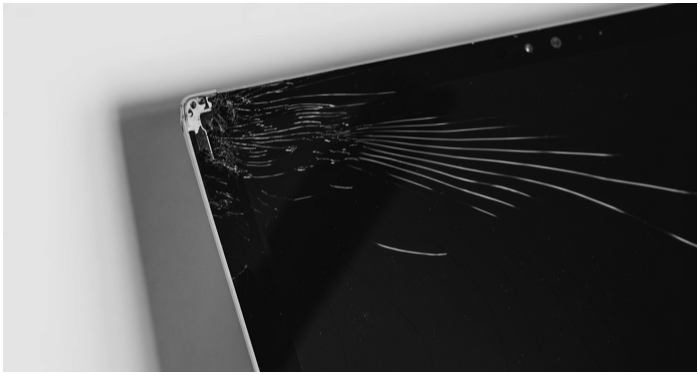This originally appeared in our Today in Books daily newsletter, where each day we round up the most interesting stories, news, essays, and other goings on in the world of books and reading. Sign up here if you want to get it.
_____________________________________________________
For Book Recommendations, People Are Always Better Than Algorithms
I don’t know if algorithms or LLMs could actually be good at recommending books if someone wanted to tackle that problem, but right now they are indeed quite bad. Amazon used to have some pretty decent widgets on book pages that would show what customers who bought this book also book that often led me to learn about a title I didn’t know. But all of that real estate is now advertising, for all the talk of retail advertising, is pretty bad (at least for me). The only problem with human recommendations is that even the most voracious reader cannot read enough to know all the books. And LLM could “read” them, but I would be surprised if they ever can process them well enough to give geniunelly surprisingly, delightful recommendations.
The Real Crisis in Humanities Isn’t Happening at College
Speaking of tech getting worse, Ted Gioia atThe Honest Broker has another terrific piece up, directly connecting “crisis in the humanities” discourse with the very present, urgent need for humanistic thinking. My best recommendation for reading the whole thing is to give you just this small piece:
There’s a reason why the most popular words in tech right now are acceleration, destruction, disruption.
Have you figured out what they want to destroy and disrupt? Here’s a clue—take a look in the mirror.
That isn’t the terminology of the humanistic tradition—it’s the exact opposite. Until recently destroy and destruct were words you would hear from manufacturers of weapon systems. Nowadays they describe the philosophy behind the apps on your smartphone.
We need a countervailing philosophy. And we have one.
It’s called the humanities.
Small Press Distribution Shuts Down
For all the the advantages of digital distribution, print sales are still important. And for small presses, who often don’t have budgets for audiobooks, print is even more critical. And when a small press distributor shuts down, their ability to get books into readers’ hands becomes even more difficult. It is all very well and good to have nonprofit publishers, or even small presses trying to be profitable, but without infrastructure support, it doesn’t matter. And let me say this too: if you think being a book publisher is hard to sustain, let me introduce you to the world of book media. The only thing less profitable than a small press is reviewing small press books.

